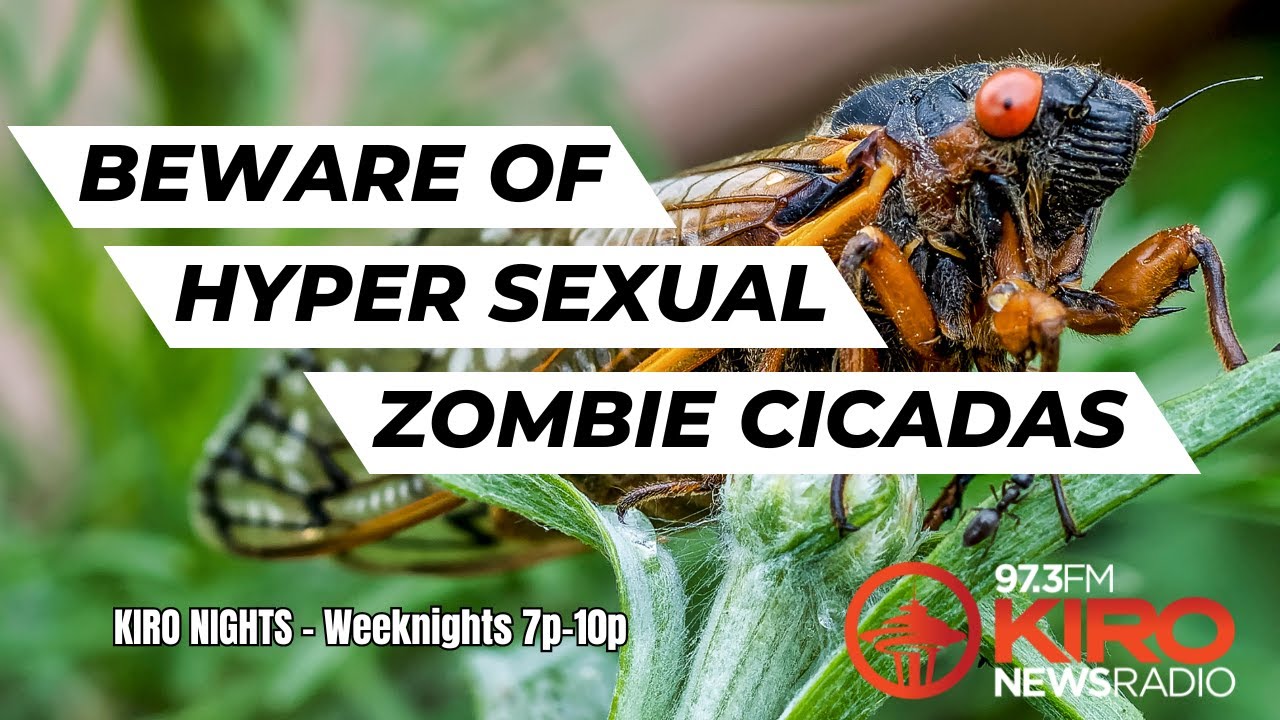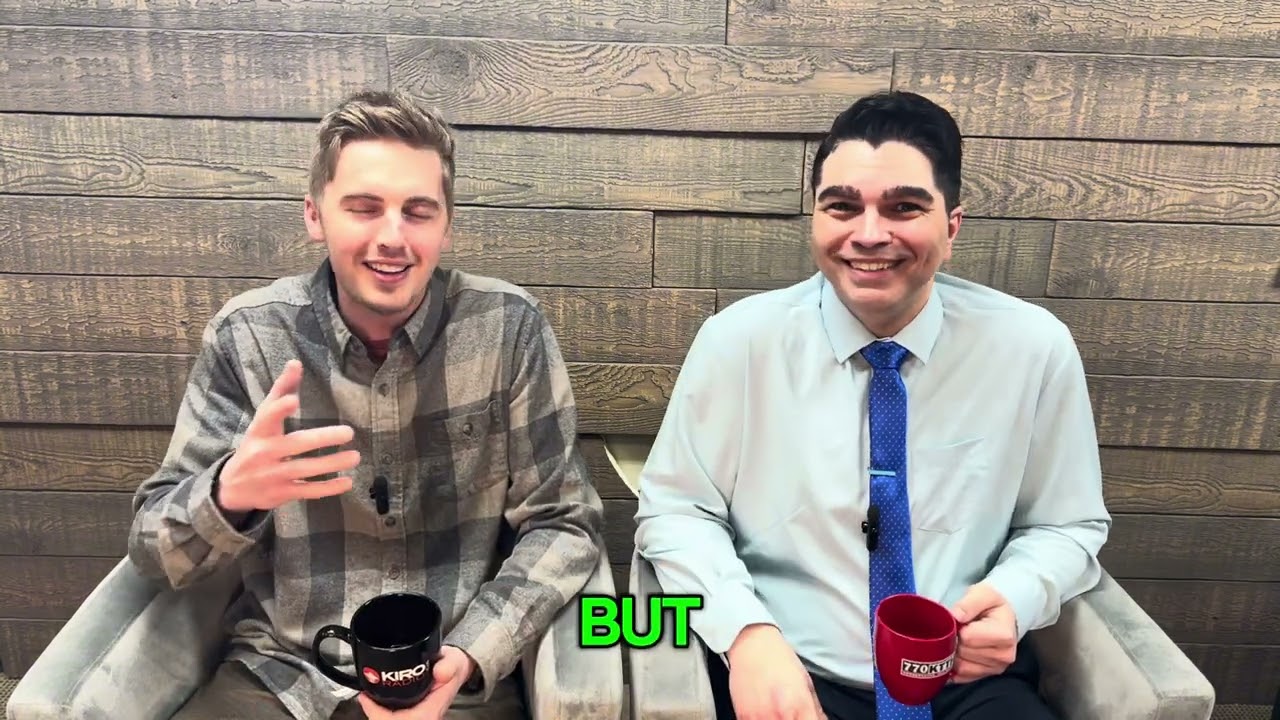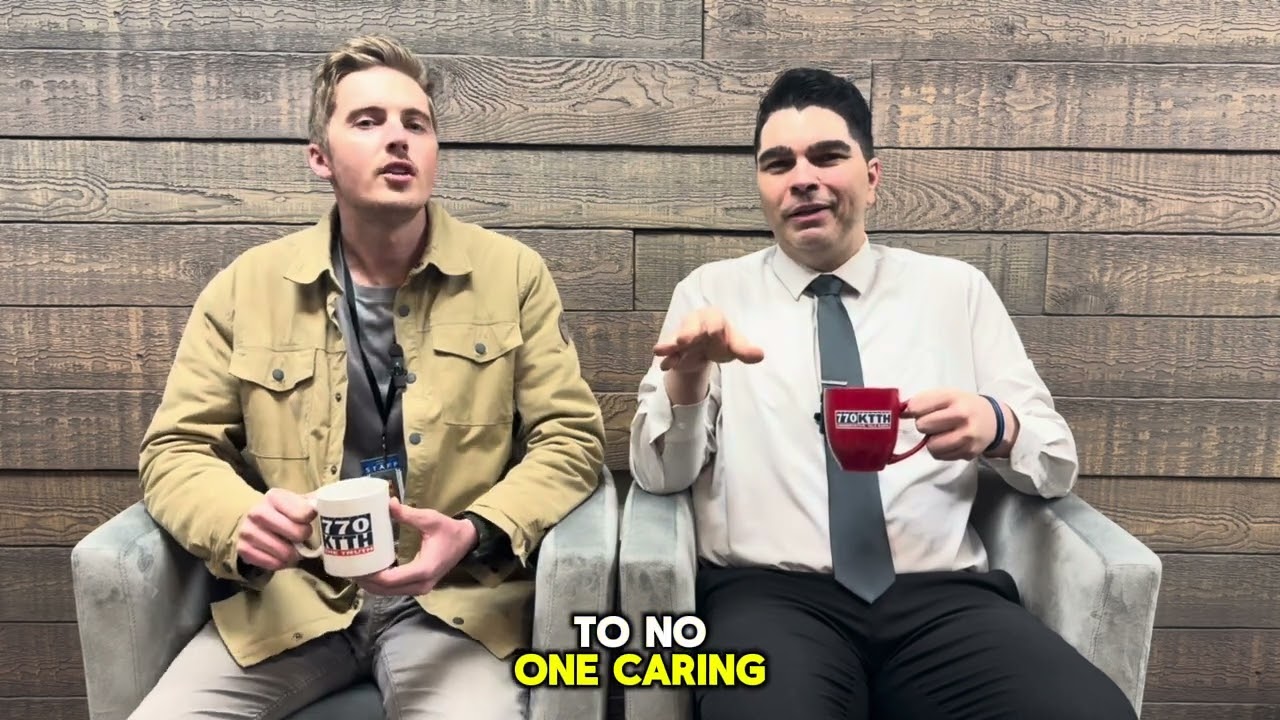UW study shows most are coping, adapting to new normal during crisis
Apr 17, 2020, 5:26 AM

As the coronavirus pandemic has spread, officials have advised social distancing from crowds to avoid contracting COVID-19. (Photo by John Moore/Getty Images)
(Photo by John Moore/Getty Images)
During the current coronavirus crisis, it’s easy to feel overwhelmed, upset, stressed, and even lonely as our sense of “normal” has changed. The University of Washington Center for the Science of Social Connection (CSSC) in partnership with Bastyr University has been studying how this crisis is affecting people’s mental health.
Coping with added stress during the coronavirus outbreak
“From the very beginning of this crisis, we were very concerned about the effects of social distancing and quarantine, as well as just the accumulation of stress and all the societal changes and how that would impact people’s mental health on a daily basis,” Jonathan Kanter, director of the CSSC, told KIRO Nights.
This CSSC study launched just over a month ago, starting with 500 King County residents as the participants, asking them to check in every evening for 75 days by taking a 3-4 minute survey.
“The good news is, according to our data, most people are actually coping pretty well,” Kanter reported. “Most people are adapting and showing the kind of flexibility that’s needed right now to deal with the changes. … But we’re also seeing large groups of people who are struggling in various ways.”
There are groups who are showing increased anxiety and depression, increased loneliness, and others who are turning more to alcohol and substance use as a coping mechanism.
“Some people are just being hit by this crisis a lot harder,” he said. “And they’re showing more signs of mental health consequences as well.”
There is now a national version of this survey as well.
“A key feature of the new study compared to what we started a month ago is that … many of the participants will also get a daily set of tips from us for how to cope better,” Kanter said.
Examples of the questions in the survey include: How lonely do you feel today? How anxious do you feel today? How much social connection and social interaction did you have today? Are you feeling overwhelmed today? Are you ruminating about the covid crisis today?
Participants receive a text message in the evening to take the survey each day for a month. In the middle of that period, for two weeks, some people will also get a text message in the morning with the tip.
Kanter said what has surprised him in the responses is the variability.
“So, for example, we ask people, how lonely do you feel today on a scale from zero, which is not lonely at all, to 10, which is extremely lonely. And, on average, King County residents are scoring about a three or a little over three, so not very lonely,” he explained. “But we’re seeing responses from 0 to 10. There’s people everywhere on this spectrum, and so that’s the complexity here.
With substance use and drinking habits, they’re seeing the same thing — some are drinking much less than they used to, while others are drinking much more.
Kanter said he’d like to continue the survey after things begin to normalize again to see if people will go back to a baseline and get back on their feet.
“[When] we launched the study, we thought we would track people for 75 days and, as you know, because as we all know, the time course of this keeps changing,” he said. “When we started this, we thought, ’75 days. Oh, that’ll be plenty.’ Now, of course we’re … realizing that it’s probably not.”
If he could add a question now, Kanter said he would ask people about their jobs to determine if they’re considered an “essential worker” to see how that impacts their answers. Unfortunately, that’s part of a new vocabulary, he said, unique to this crisis that they didn’t know about at the start of the survey.
“So I think it’s a situation where none of us really were able to fully predict what was going to happen right now, and we’re all sort of trying to fly the airplane and build the airplane at the same time, I think, as we go through this.”
Kanter hopes to be able to help people cope even when situations return to normal.
Virtual happy hours and living room dates are the new normal
“I think it is a unique moment in time for scientists and researchers to try to understand things. We are in this massive human experiment together right now,” Kanter said. “And we think seeing how people cope and adapt to crises like this can help us understand how people cope and adapt to almost anything.”
“We can work with public health departments, we can work with other organizations, and we could try to disseminate helpful suggestions to large numbers of people relatively efficiently,” he added.
If you’re interested in participating in this study, you can find links on the CSSC’s website here.
Kanter said he is appreciative that they’ve seen a lot of interest from people wanting to join the study, and that people are staying with it, continuing to respond to the surveys day after day.
From the results so far, one constant has proved true: Relationships matter.
“They mattered before this crisis, they particularly matter right now during this crisis, and they’re gonna continue to matter after this crisis,” Kanter said. ” … So if we can bottle these lessons and use them to better our society afterwards, well, that would be a big silver lining for me.”
Listen to KIRO Nights weeknights from 7 – 10 p.m. on KIRO Radio, 97.3 FM. Subscribe to the podcast here.













